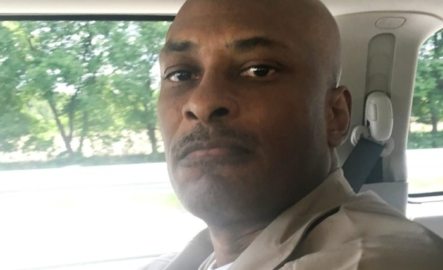In March of 1998, the charismatic and controversial William Jefferson Clinton embarked on a six-nation tour of Africa in his second term as president of the United States.
Except for how many countries he visited in those 12 days, Clinton in Africa was not particularly historic. Jimmy Carter had been to Africa in 1978 and so had George Bush Sr., Clinton’s immediate predecessor, in 1993.
But in hindsight, some analysts say this visit was the door-opener to the singularly most significant trade pact between America and Africa: the African Growth and Opportunity Act (AGOA) signed in 2000. After two decades, and depending on where you stand on the scale of philosophies of global cooperation, AGOA may not necessarily have been a remarkable point.
But before he’d touch down in Accra, Ghana on March 23, Clinton’s White House had already made it clear that the tour was not one on which the president was going to apologize for the Transatlantic Slave Trade as had been rumored. The idea of an American president showing the slightest acknowledgment for what has been described as America’s original sin, much less to Africans, would be regarded as a sign of weakness on Capitol Hill.
Unexpectedly, help came for the White House’s position from none other than Yoweri Kaguta Museveni, who had then been in power in Uganda for the appreciable span of 12 years.
Uganda’s capital Kampala was Clinton’s second stop. And on the day before the American president left west Africa for east Africa, Museveni granted an interview to the local media and was asked about the slave trade and Clinton’s visit.
“I don’t have time for that diversion or rubbish,” Museveni began. “African chiefs were the ones waging war on each other and capturing their own people and selling them. If anyone should apologize it should be the African chiefs. We still have those traitors here even today.”
Museveni went on to call on the “Black traitors” to apologize for their part in the inhuman commercial venture that forcibly shipped tens of millions of Africans to European colonies in the so-called New World over 200 years. With that, he dismissed the topic as a possible area of discussion between himself and his American counterpart.
The news barely made the headlines in the biggest dailies in Africa. Then again, it was 22 years ago and there was no Twitter or Facebook. But far away in America, it was picked up by some media outlets including the Tampa Bay Times.
The White House would have been glad and so would a number of American politicians who wished the conversations on reparations were not happening at the time. For African-Americans, the feeling would have been mixed – there are those who hold a grudge over voluntary African participation in the slave trade.
But Museveni does not stand alone in his view on the apportionment of blame. In 2009, the Nigerian civil rights group Civil Rights Congress called on native African chiefs to “put a final seal to the history of slave trade” by apologizing for their participation in the slave trade.
The group said “We cannot continue to blame the white men, as Africans, particularly the traditional rulers, are not blameless” in light of increasing acceptance of guilt from European countries.










